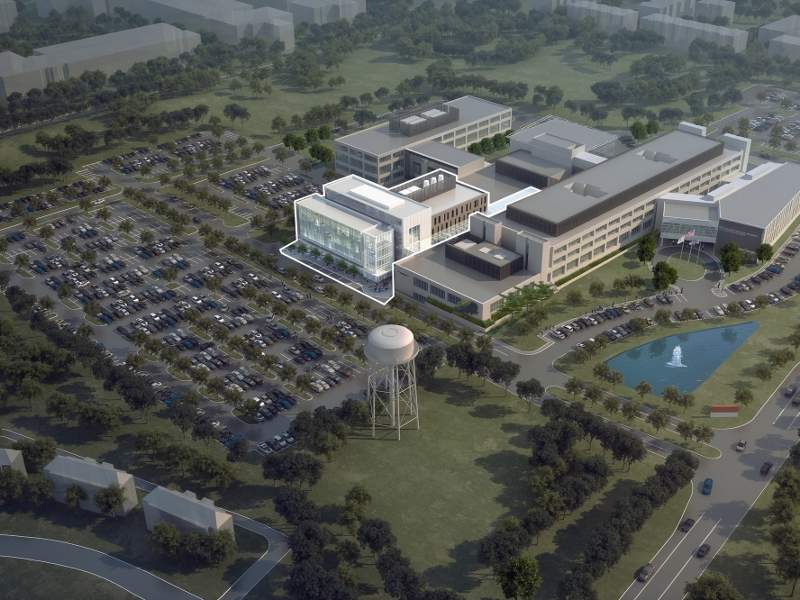Rosalind Franklin University (RFU) has announced plans for the construction of an innovation and research park at the university’s North Chicago campus.
The facility will comprise laboratory and incubator space that can be used by faculty and commercial biotech start-ups. It is intended to help national and international life science firms promote research synergy.
RFU obtained approval for the first phase of the project’s development from the university’s board of trustees in March 2017.
Location of the RFU innovation and research park in North Chicago
The innovation and research park will be built at RFU’s medicine and science campus next to the Lovell Federal Health Care Centre (FHCC) in Lake County. The site will be surrounded by several bioscience companies in the Midwest.
The facility will be located in the Greater Chicago area, which houses a number of equity and venture capital firms.
Development of the RFU innovation and research park in North Chicago
The two-phased development is expected to begin in September 2017, with operations expected to begin in 2019.
The project is expected to create around 498 jobs in the first phase of construction, bringing a total economic impact of around $117m a year for North Chicago and Lake County upon completion.
As part of the long-term expansion, the facility will include two more buildings in the second phase of its development. The biopark project will create 4,000 jobs and an estimated economic impact of $278m a year for Lake County if both phases of development are implemented.
Facilities at the RFU innovation and research park
The innovation and research park will be four stories high and cover a 10,000ft² total floor space. It will feature space for offices, small and large meeting rooms, and common areas on the first floor.
Designed to encourage collaboration among academic and industry scientists, innovators and entrepreneurs, the building aims to translate RFU’s nationally recognised research into treatments for various conditions, including Alzheimer’s disease, diabetes, cancer and mental illness.
The research park can accommodate up to 175 researchers in the first phase of development. Research at the park will focus on developing solutions for neuroscience and neurodegenerative diseases, including Alzheimer’s disease, Parkinson’s disease, Huntington’s disease and muscular dystrophy. The scope of research and investigations will include genetic diseases, inflammation and proteomics.
The co-location of disease-specific laboratory space is intended to generate synergies, boost competitiveness for federal grant funding and venture capital, and draw interest from philanthropic partners.
Partners involved in research at the facility
RFU will partner with SmartHealth Activator to accelerate innovations at the research park. SmartHealth Activator will serve to connect researchers with biotech businesses and offer biotech start-ups access to customers, elite mentors, experienced operators, investors, seed funding and co-working space.
RFU has also partnered with Abbvie, Zoll Medical and Ironwood Pharmaceuticals, as well as Celgene, Lundbeck, Smith and Nephew, and Ionis, in a number of research areas. It also shares collaborative research programmes with DePaul University, Northern Illinois University, Advocate/Lutheran General Hospital and the Lovell Federal Health Care Centre.
Financing for the project
The facility is estimated to be completed with a $50m investment under a public/private partnership. RFU is working with The University Financing Foundation (TUFF), a non-profit foundation, for the project’s funding and development.
The project is also endorsed by the City of North Chicago and a number of elected officials.






